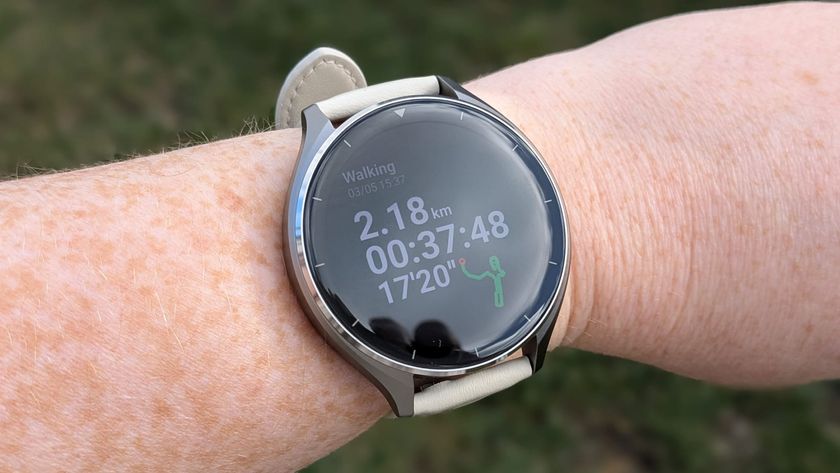FDA Approves Osteoporosis Injection
The U.S. Food and Drug Administration today approved Prolia, an injectable treatment for postmenopausal women with osteoporosis who are at high risk for fractures.
Osteoporosis is a disease that makes bones weak and more likely to break. About 80 percent of U.S. osteoporosis sufferers are women, though men do get osteoporosis. About half of women over age 50 will break a bone in their lifetime due to osteoporosis, according to the FDA.
People with osteoporosis at high risk for fracture include those that have had an osteoporotic fracture, or have multiple risk factors for fracture; or those who have failed or are intolerant to other available osteoporosis therapy.
Prolia works to decrease the destruction of bone and increase bone mass and strength. An injection of Prolia, made by Amgen, is recommended once every six months, the FDA said.
“Due to its prevalence, osteoporosis is a serious concern to public health,” said Dr. Julie Beitz, director of the FDA’s Office of Drug Evaluation III. “The approval of Prolia provides another treatment option for postmenopausal women with osteoporosis who are susceptible to fractures.”
The safety and efficacy of Prolia in the treatment of postmenopausal osteoporosis was demonstrated in a three-year, randomized, double-blind, placebo-controlled trial of 7,808 postmenopausal women ages 60 to 91 years. In the study, Prolia reduced the incidence of vertebral, non-vertebral, and hip fractures in postmenopausal women with osteoporosis.
Of course, there are caveats. The most common side effects include back pain, pain in the extremities, musculoskeletal pain, high cholesterol levels, and urinary bladder infections. Serious adverse reactions include hypocalcaemia (low calcium levels in the blood), serious infections, including infections of the skin, and dermatologic reactions such as dermatitis, rashes, and eczema.
Sign up for the Live Science daily newsletter now
Get the world’s most fascinating discoveries delivered straight to your inbox.
Prolia causes significant suppression of bone turnover and this suppression may contribute to the occurrence of osteonecrosis of the jaw, a severe bone disease that affects the jaw, atypical fractures, and delayed fracture healing, the FDA said.












